"Continuation of Kosovo dialogue best response"
President of the MFA Foreign Policy Council Sonja Liht says recent events in northern Kosovo would greatly affect the dialogue between Belgrade and Priština.
Thursday, 11.08.2011.
22:11

President of the MFA Foreign Policy Council Sonja Liht says recent events in northern Kosovo would greatly affect the dialogue between Belgrade and Pristina. According to her, the crisis will also affect the international community's attitude towards the problem of Kosovo and Metohija. "Continuation of Kosovo dialogue best response" “The events that took place will greatly affect the dialogue, but also the attitude towards this problem, because the world sees the relations between Belgrade and Pristina as a problem. Both the EU and the United States and our neighbors want the problem to disappear,” Liht told B92 in Belgrade on Thursday. Commenting on the visit by German Foreign Minister Guido Westerwelle to Pristina and statements that he gave there, Liht said that their tone was different from German media's, who were very critical of Hashim Thaci's decision to send special forces to the north of the province. “I do not mean to say that Westerwelle has a different policy, but interestingly enough, his words do not reflect the public opinion in Germany in the true sense of the word,” said Liht. Liht said that the recent developments in the north of the province were “a serious lesson” for both sides, as both sending special forces to checkpoints along the administrative crossings and setting fire to them would not solve the problem. “We must be wise and show that we insist on the rights of Serbs who live there and that we will never resort to something that is unacceptable," Liht said. She said that the continuation of the dialogue between Belgrade and Pristina should not be challenged in any way and that Serbia's commitment to continue the talks was its best response to the attitudes of some EU countries. Liht expressed the belief that the EU would not condition Serbia's joining the community by recognition of Kosovo independence and that such a condition would in particular not be put forward by Germany, which had had a similar problem in the eastern part of its territory. According to her, the EU does not have a united position in recognizing the Kosovo Albanian unilateral declaration, "but it is united in its position that there the rule of law must be established, that is, that both sides must find a way to live next to one another and cooperate".
"Continuation of Kosovo dialogue best response"
“The events that took place will greatly affect the dialogue, but also the attitude towards this problem, because the world sees the relations between Belgrade and Priština as a problem. Both the EU and the United States and our neighbors want the problem to disappear,” Liht told B92 in Belgrade on Thursday.Commenting on the visit by German Foreign Minister Guido Westerwelle to Priština and statements that he gave there, Liht said that their tone was different from German media's, who were very critical of Hashim Thaci's decision to send special forces to the north of the province.
“I do not mean to say that Westerwelle has a different policy, but interestingly enough, his words do not reflect the public opinion in Germany in the true sense of the word,” said Liht.
Liht said that the recent developments in the north of the province were “a serious lesson” for both sides, as both sending special forces to checkpoints along the administrative crossings and setting fire to them would not solve the problem.
“We must be wise and show that we insist on the rights of Serbs who live there and that we will never resort to something that is unacceptable," Liht said.
She said that the continuation of the dialogue between Belgrade and Priština should not be challenged in any way and that Serbia's commitment to continue the talks was its best response to the attitudes of some EU countries.
Liht expressed the belief that the EU would not condition Serbia's joining the community by recognition of Kosovo independence and that such a condition would in particular not be put forward by Germany, which had had a similar problem in the eastern part of its territory.
According to her, the EU does not have a united position in recognizing the Kosovo Albanian unilateral declaration, "but it is united in its position that there the rule of law must be established, that is, that both sides must find a way to live next to one another and cooperate".





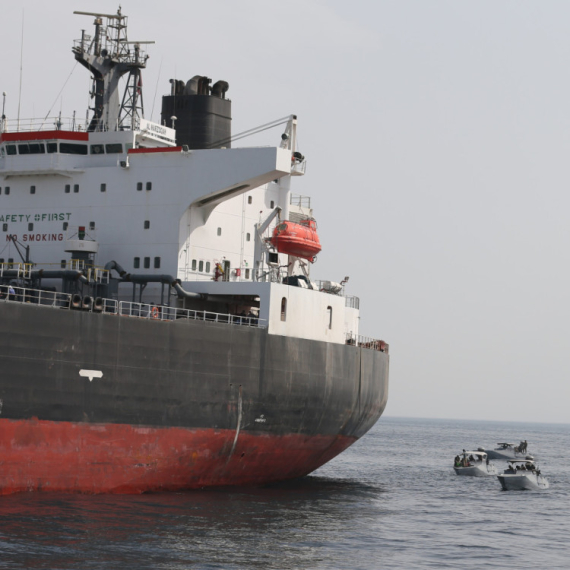






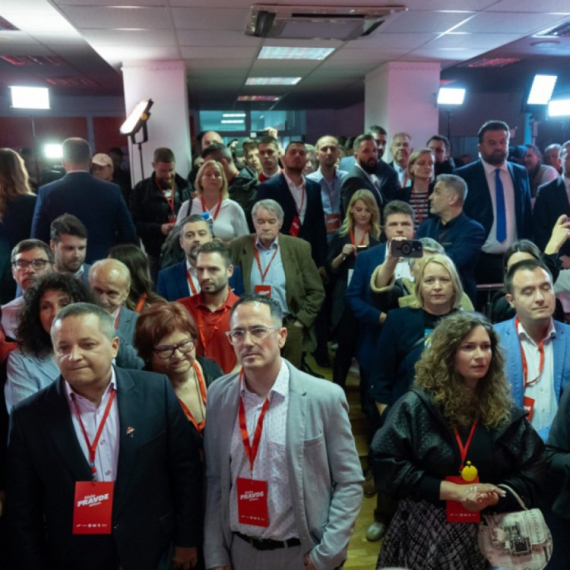


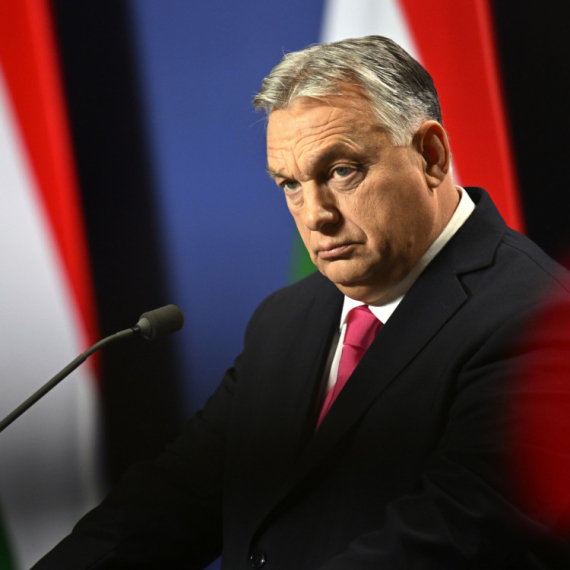











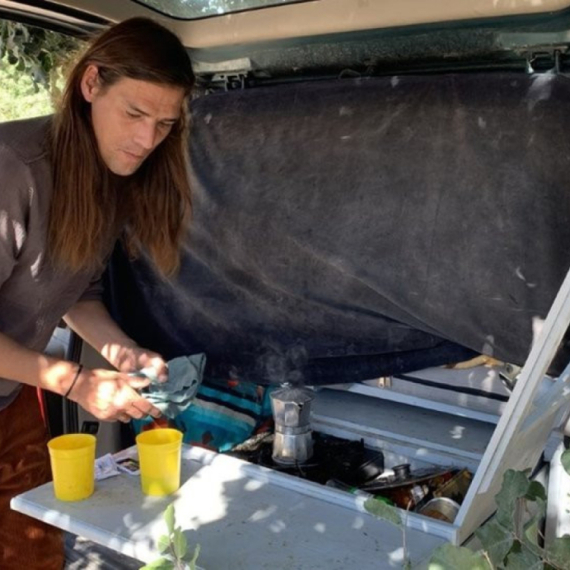

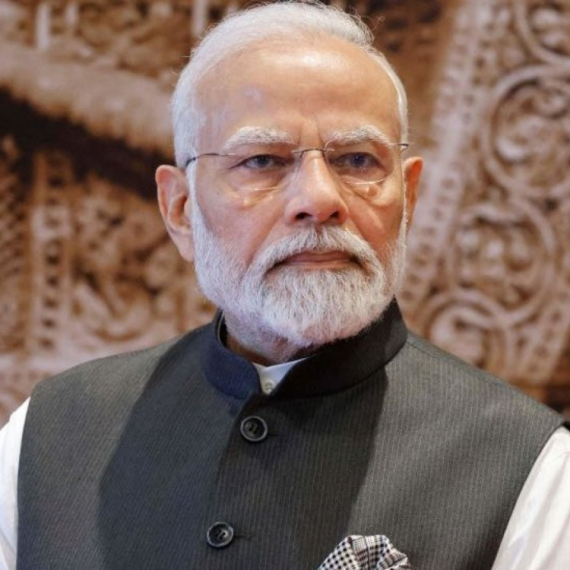

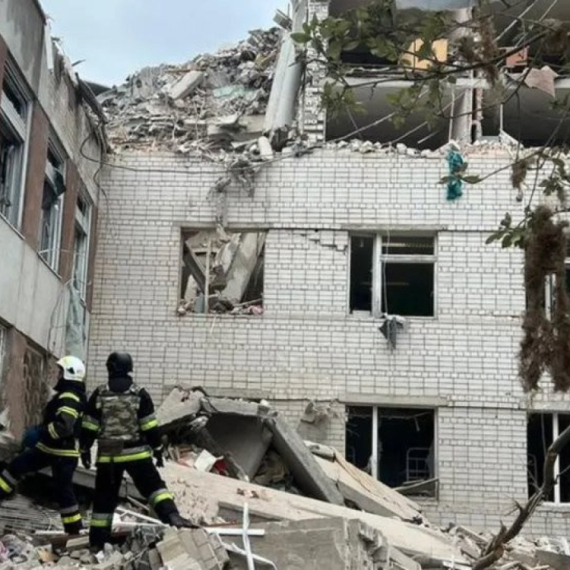

Komentari 5
Pogledaj komentare